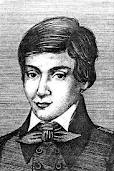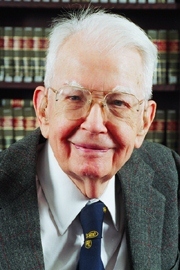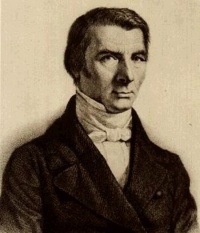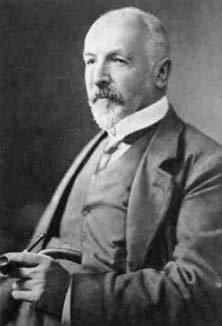 One hundred years ago today, in a back room on the second floor of a middle class row home in the Welsh city of Swansea, Dylan Thomas issued his first demand for the world’s attention. His cries, I feel sure, struck onlookers as both profoundly expressive and infuriatingly difficult to understand. It was a schtick he spent 39 years refining.
One hundred years ago today, in a back room on the second floor of a middle class row home in the Welsh city of Swansea, Dylan Thomas issued his first demand for the world’s attention. His cries, I feel sure, struck onlookers as both profoundly expressive and infuriatingly difficult to understand. It was a schtick he spent 39 years refining.
I believe that Thomas at his best was the finest lyric poet ever to write in English, and at his worst a pretentious windbag. The best is more than ample compensation for the worst. At age 12, he won a prize for a poem he’d submitted to a children’s magazine, and as an adult he kept a copy of that poem, cut from the magazine, pasted to his bathroom mirror. Only after he died did some literary detective discover that Thomas had plagiarized the poem. But before he was out of his teens, he wrote the superb and brilliantly original “I See the Boys of Summer”, which I am quite sure nobody else could have conceived or executed.
Because this is Thomas’s birthday, and because every blogger is entitled to an occasional bit of self-indulgence (how else could you explain Bob Murphy’s karaoke posts?), I present here a recital of the best of Thomas’s several birthday poems. For balance, you’ll find below the cut a recital of Thomas’s finest death poem (no, it’s not “Do Not Go Gentle”), and two more of my favorites on the recurrent Thomas themes of birth and the passage of time.
(Related: My 90th/96th birthday appreciation.)
(If you have a problem with the flash video, try clicking here — or right-click to download and save.)












 A month ago, I posted a
A month ago, I posted a 
